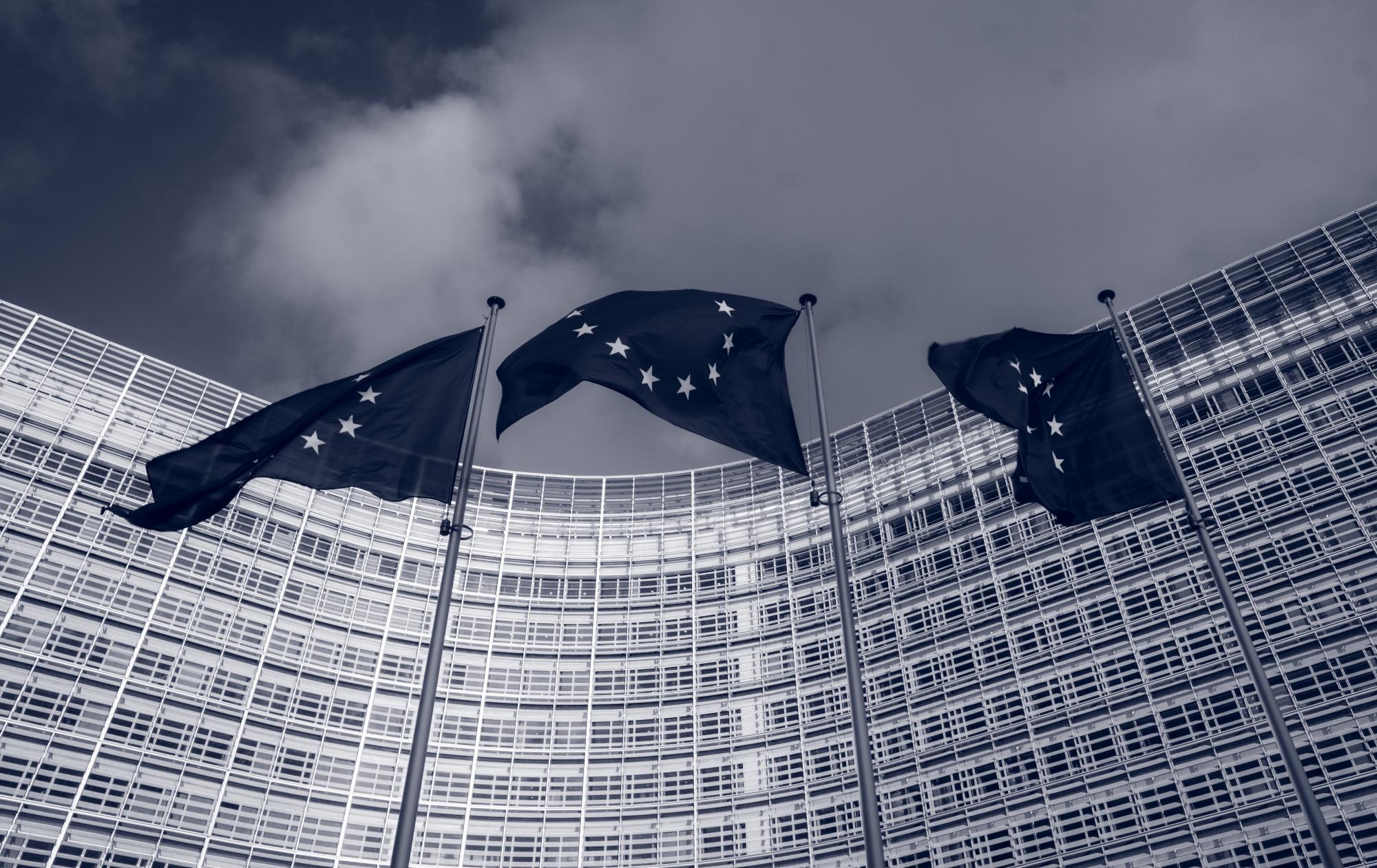Test- FTSE 100 Kicks Off August on a High as BP and Senior Lead Market Momentum
$11
10 Oct 2025, 13:13

Unsplash.com

Earlier today, the European Central Bank increased borrowing prices to their highest level in 22 years and left the door open to further increases, prolonging its fight against persistently high inflation even as the eurozone economy falters.
The ECB raised its benchmark interest rate - the rate banks pay to secure funds at the central bank - for the eighth time in a row, by 25 basis points to a 22-year high of 3.5%.
"The key ECB interest rates will be brought to sufficiently restrictive levels to achieve a timely return of inflation to the 2% medium-term target, and will be kept at those levels for as long as necessary," ECB President Christine Lagarde said at a news conference following the decision.
The bank also stated that it expects inflation to remain over its 2% objective until 2025 and hinted at further rate rises in the following months.
It boosted its "core" inflation forecasts for 2023 and 2024, removing volatile energy and food prices, which the ECB constantly monitors.
Wage increases and corporations raising prices to increase profits, according to Lagarde, are becoming an increasingly major cause of inflation.
ECB's recent move came on the heels of the first halt in US rate hikes in more than a year, signalling to investors around the world that the current tightening cycle across developed countries may be coming to an end, even if a little more US tightening is still likely to occur.
Eurozone inflation has been slowing for months, thanks to falling energy costs and the largest rate rise in the ECB's 25-year history, but it remains unacceptably high for the ECB at 6.1%, with underlying price increases only now beginning to decrease.
In the meantime, growth is at best flat.
Furthermore…
While signals of slowing economic growth would ordinarily indicate a halt, the ECB has been taking its own estimates following years of underperformance.
Rather, policymakers have zeroed in on real economic data, which presented a mixed picture.
Industrial powerhouse experiences two-quarters shrinkage Last winter, Germany led the eurozone into a short recession, and the economy is expected to rise just little this year.
However, unemployment is at a historic low, and pay growth is ramping up, although at a slower pace than inflation.
After reaching double digits late last year, headline price growth has been rapidly declining. However, underlying prices, particularly for services, have yet to demonstrate the significant reduction that ECB policymakers have stated they would want before releasing the monetary brake.
Increased borrowing costs are reducing credit demand from families and businesses, as well as banks' willingness to lend, although nominal consumption is holding up well.
While the competing forces are likely to have given both sides of the ECB's Governing Council weapons, the hawkish majority that has been pressing for additional rate rises remains in control.
(Sources: investing.com, reuters.com)